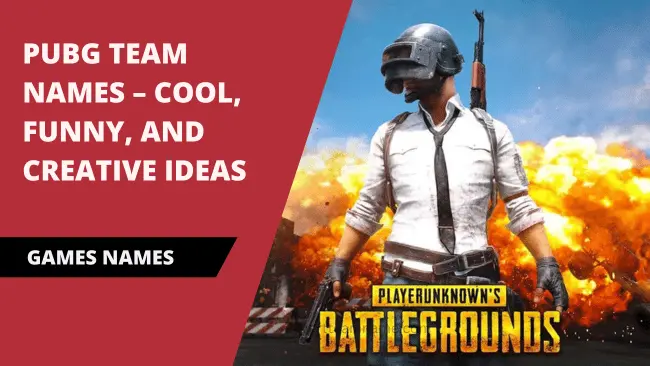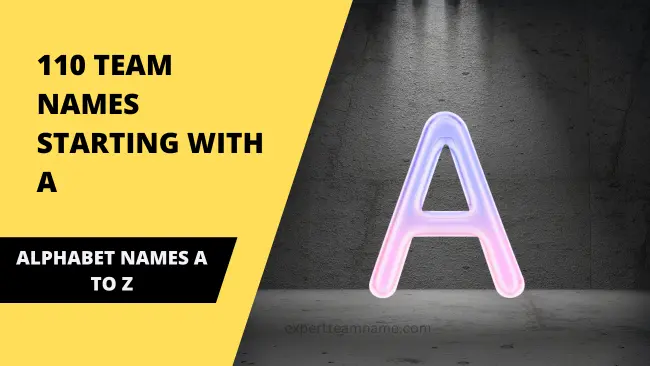Names for Your Gaming Brand: Rules, Trends & Missteps
It’s no secret that the gaming industry is booming. Perhaps more importantly, the gaming cultures that underpin the industry are also more influential than ever. As such, interest in creating adjacent gaming businesses is also surging. A gaming business could be anything – a Twitch stream, a clothing line, creating developer tools to build games – yet those are tough markets to stand out in.
Branding is, of course, essential, and all branding will start with a name. Broadly speaking, most of the rules around choosing a name for a gaming brand are similar to other types of industry – memorability, applicability, longevity – but some idiosyncratic elements relate only to gaming.
A good place to start is with the trends in gaming branding. Minimalism is very much part of the current movement, with clean and sharp words – Myth, Valor, Steam, Valve, etc. – seen as a good way to go. Of course, rules can be bent, and there are plenty of gaming brands with longer words, but it should be memorable.
Compound Names and Portmanteaus are en trend
Compound words and portmanteaus are very common, and they allow the business to say something about their brand. For example, iGaming brand NetEnt, which is a the studio behind some of the world’s most popular slots, is a portmanteau of Network & Entertainment. Most would agree that the shortened version NetEnt is superior for branding than the longer version. It subtly tells you about the core business without being too obvious.
Having a brand that says something about your core business is always desirable, of course. For instance, if your brand is centered around retro gaming, something like 8BitHeroes instantly says what you are about. Gaming brands also often delve into wordplay, with deliberate misspellings – Blayde, Playerz, etc.
While wordplay is fine, it can be problematic when faced with making a brand memorable. The last thing you want is a name that is difficult to spell or remember, particularly if your end goal is that you will want people to be searching for your brand. A name like Joos4GamerZ might look ok, but many people would have difficulty remembering it.
Generic names can lack memorability
Moreover, overly generic names – ProGamer and GamesHub – pose another issue. Generic names don’t get remembered, and they say little about your USP. You should also stay away from stuff that could be deemed offensive or considered explicit. Too many “Xs,” for example, might suggest that you are in the wrong industry.
Overall, it is important to plan out how your brand will grow and not to have too narrow a focus. MinecraftMaster might seem like a good name for a brand today, but can you be sure that the game will be popular 5-10 years from now? Is it possible that your gaming business will be centered on different games in the future? Pop culture references can age badly quite quickly, so it is best to pick something that offers longevity.
Think long-term about your brand
Availability is also a key concern. You do not want to infringe on anyone else’s IP, of course, so have a think about how you incorporate known brands into yours. Some gaming companies are quite litigious, and the last thing you want is to end up in court. Yet, availability also covers growth areas. For instance, if your brand is beginning with a YouTube stream, you will want to check Twitch, X, Instagram, and more to see if the handles are available to support future growth of your product.
In the end, one of the best ways to approach it is with patience. If you are stuck for a name, you can use a gaming name generator to start brainstorming different areas. Next, start researching some of the areas highlighted above. Like all business branding, you should think long-term, respecting current trends in the gaming industry yet still imagining what the brand will mean for your business should it grow in the coming years.






